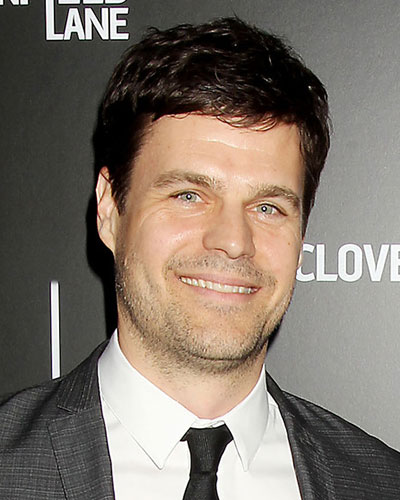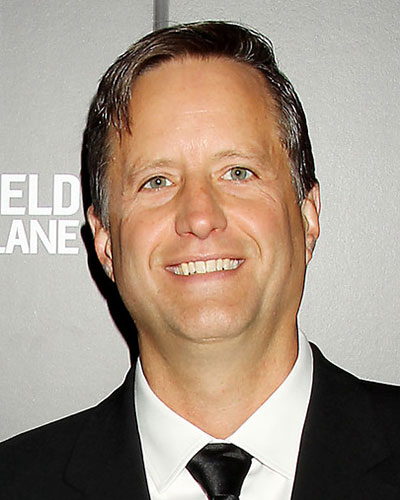Are two heads better than one? Josh Campbell and Matt Stuecken explain what makes their partnership work.
Javier Grillo-Marxuach shares his angst and his checklist.

Are two heads better than one? Josh Campbell and Matt Stuecken explain what makes their partnership work.
Are two heads better than one? The answer will vary from writer to writer. But writing partners Josh Campbell and Matt Stuecken—who have worked both individually and as a team—have found that partnering works well for them. The two writers, whose credits together include The Killer and 10 Cloverfield Lane, explain why.
Question: What are some of the elements of a successful writing partnership? How do you make it work?
 Josh Campbell. Photo by Dave Allocca/©️StarPix2016
Josh Campbell. Photo by Dave Allocca/©️StarPix2016Josh Campbell & Matt Stuecken: It’s harder than ever to sustain a career in this business. Fewer jobs, more competition, less money. So the idea of splitting your income with a partner might seem crazy. However, a successful writing partnership comes with significant advantages.
We both started out as solo feature writers, but in 2012, we teamed up to write an original spec called The Cellar, which was later released as 10 Cloverfield Lane. And from that point on, we’ve remained a team because we find the benefits outweigh the costs.
 Matt Stuecken. Photo by Dave Allocca/©️StarPix2016
Matt Stuecken. Photo by Dave Allocca/©️StarPix2016First off, we’re far more productive. We break story together, but once we’re writing, we work separately, while still functioning as a team. That means we rarely, if ever, suffer from writer’s block because the partnership provides a built-in help line. If one of us gets stuck, we send our pages to the other and then discuss the issues. From there, we’re able to quickly decide which one of us is ready to move forward. With this setup, we seldom have to put anything aside to breathe, or wait for outside feedback before continuing on the project, which means we have much less downtime than when we were writing individually. This also allows us to juggle multiple projects. Our writing partnership is essentially its own writers’ room where there’s always someone to brainstorm with and bounce ideas off. As a result, writer’s block is basically non-existent for us, allowing us to generate more material than if we were each writing as individuals.
Maybe you’re thinking, “Yeah, but not all partnerships work this way.” That’s absolutely true. There are some key factors in what makes our partnership successful. The biggest one being: you have to be creatively aligned. This is not to say you have to agree on all things. In fact, it can be counterproductive if neither person is bringing anything new to the partnership. When we teamed up, Josh was more of an indie writer and Matt was more studio-oriented. The blend of these two elements—big ideas with well-drawn characters and unexpected stories—worked out great.
 We rarely, if ever, suffer from writer’s block because the partnership provides a built-in help line.—Josh Campbell and Matt Stuecken
We rarely, if ever, suffer from writer’s block because the partnership provides a built-in help line.—Josh Campbell and Matt Stuecken

Another key to being successful partners is a willingness to bury your ego. It has to be “the best idea wins.” It’s okay to disagree (in fact, that often results in the best material), but you have to be able to defend your position as to why it’s best for the story. It can’t be about ego and hurt feelings. You have to be respectful in your disagreements. As with any relationship, communication and trust is key. And that won’t happen if someone is afraid to express themselves.
You also have to commit. If one of you is writing your own projects on the side, or with other partners, then that could be a problem. For example, Josh had been working with John Woo on an English language adaptation of The Killer prior to teaming up with Matt. When John asked Josh to do another draft (after the partnership had been established), Josh responded that it would need to be done in conjunction with Matt. It took more than a decade, but it paid off when the movie got made.
The bottom line for us is simple—we both believe our careers have been far more successful as a partnership than they would have been as individual writers. So it’s easy to keep working together.